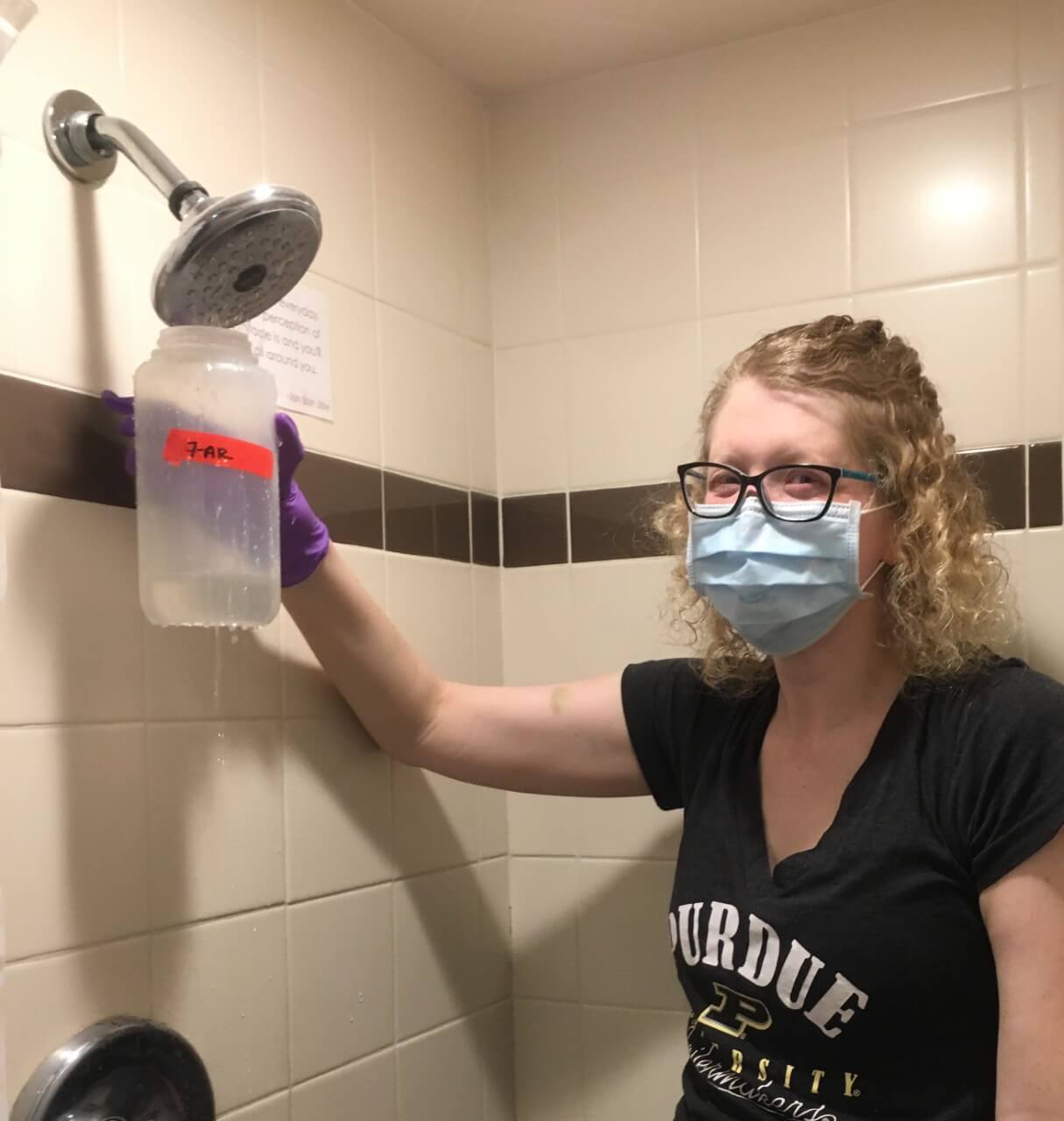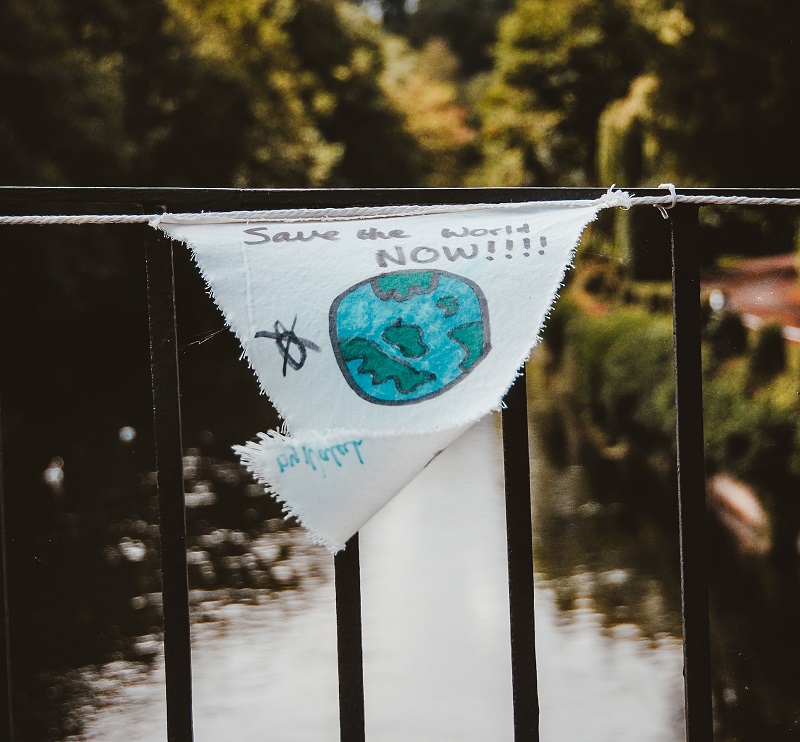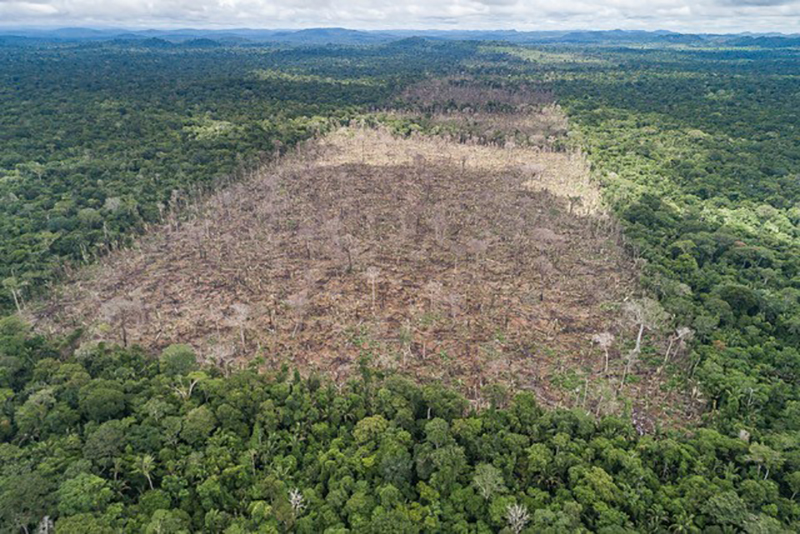Past News
Biden’s climate change plan is all about jobs and justice
January 27, 2021
Welcome to climate day — the day the Biden administration kicks off its climate change agenda. The Biden plan includes investing in renewable energy and electric vehicles, rejoining international climate policymaking and adopting an ambitious 100 percent clean energy goal by 2050. Although today’s agenda emphasizes a return to science-based climate change policy, the larger Biden climate plan represents an important trend in climate change politics: going beyond science to focus on questions of economic and social justice. Here’s what you need to know.
New ABE professor’s water safety research assumes prominent role during pandemic

January 26, 2021
Starting in a new position during the middle of a pandemic is challenging. For Caitlin Proctor, assistant professor of agricultural and biological engineering (ABE) and environmental and ecological engineering, it was also in keeping with an already tumultuous year. Proctor began in her position this semester, after two years as the Lillian Gilbreth Postdoctoral Fellow in the College of Engineering. During her fellowship, Proctor researched drinking water and the ecological and biological interactions that affect its safety.
New ABE professor’s water safety research assumes prominent role during pandemic
Purdue researchers explore how sound drives Mongolian herder cultural practices
January 22, 2021
In the grasslands of Mongolia, young goat herders gather at the rivers and streams near their parents’ birthplaces and listen intently. Then they practice their throat singing — guttural sounds that have been made for countless generations amongst the herders — until their voices match the resonance patterns they hear from the water.
Purdue researchers explore how sound drives Mongolian herder cultural practices
Welcome Back Friends and Affiliates

January 20, 2021
A welcome back message from Center for the Environment Director, Tim Filley.
Modern tomatoes can’t get same soil microbe boost as ancient ancestors
January 15, 2021
Tomato plants are especially vulnerable to foliar diseases that can kill them or impact yield. These problems require a number of pesticides in conventional crops and make organic production especially difficult. A Purdue University-led team of scientists has evidence that tomatoes may be more sensitive to these types of diseases because they’ve lost the protection offered by certain soil microbes. The researchers found that wild relatives and wild-type tomatoes that associate more strongly with a positive soil fungus grew larger, resisted disease onset and fought disease much better than modern plants.
Modern tomatoes can’t get same soil microbe boost as ancient ancestors
Turn off that camera during virtual meetings, environmental study says
January 14, 2021
It’s not just to hide clutter anymore – add “saving the planet” to the reasons you leave the camera off during your next virtual meeting. A new study says that despite a record drop in global carbon emissions in 2020, a pandemic-driven shift to remote work and more at-home entertainment still presents significant environmental impact due to how internet data is stored and transferred around the world.
Turn off that camera during virtual meetings, environmental study says
Combinations of Marginalized Identities Can Limit Climate Adaptation in Peru
January 12, 2021
New research hones in on the fact that individuals, households, and groups within the agricultural sector of Peru often adapt in different and unequal ways to the challenges that result from the changing climate. This study promotes comprehensive solutions that do not further compound the marginality that rural Indigenous people have long faced.
Combinations of Marginalized Identities Can Limit Climate Adaptation in Peru
Purdue-developed sorghum safer for grazing animals and takes stress off producers
January 11, 2021
Sorghum is a great crop for grazing, but livestock producers who use it always have some concern in the backs of their minds. Certain conditions, such as drought or freezing weather, can cause the plants to become deadly for grazing animals, and it’s not always clear when the forage is safe.
Purdue-developed sorghum safer for grazing animals and takes stress off producers
Planning for Sustainable Tourism

January 10, 2021
Sustainable tourism management requires careful planning according to our recent study of the GSTC Destination Criteria. Core to sustainable tourism planning is the development of a Destination Management Strategy designed to support the long-term sustainability of the destination community.
Deforestation drove massive Amazon rainforest fires of 2019

January 5, 2021
In 2019, unprecedented wildfires destroyed thousands of square miles of Amazon rainforest, roughly the size of New Jersey. The loss of biodiversity and invaluable habitats, release of carbon from the fires, and other socioeconomic and environmental consequences have concerned scientists around the world.
